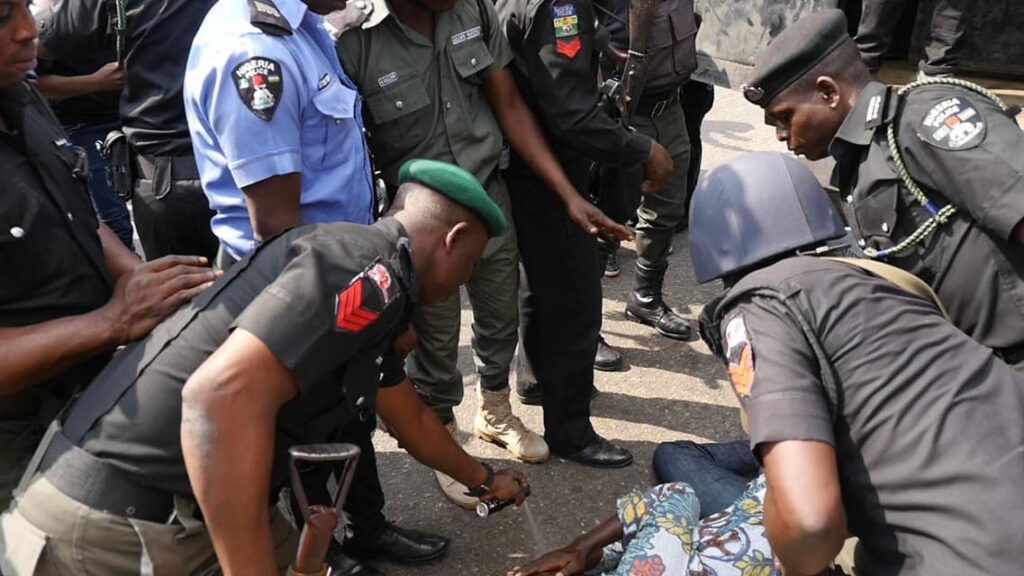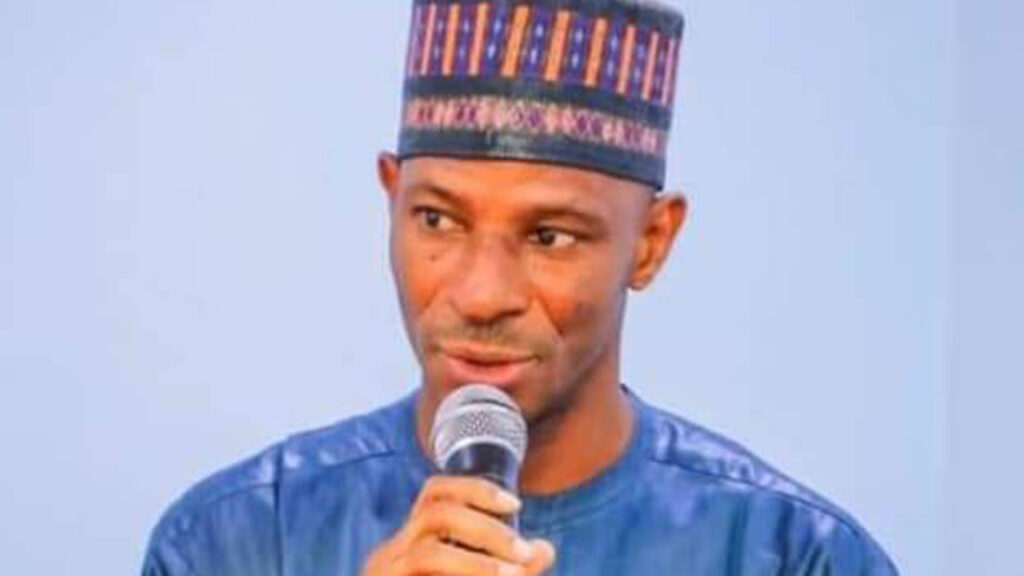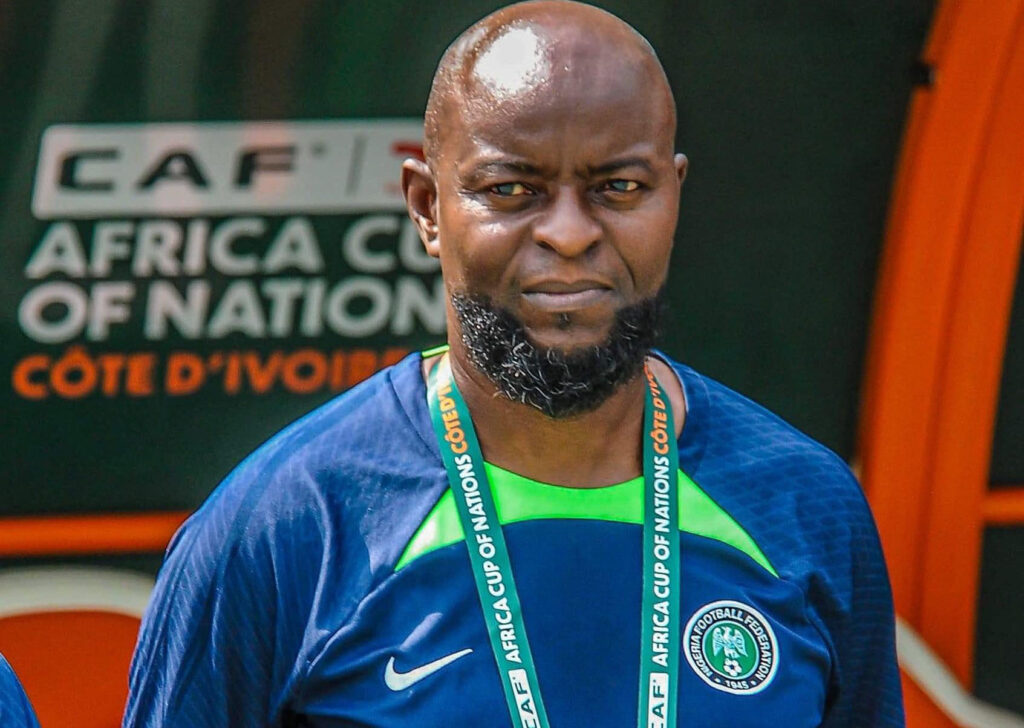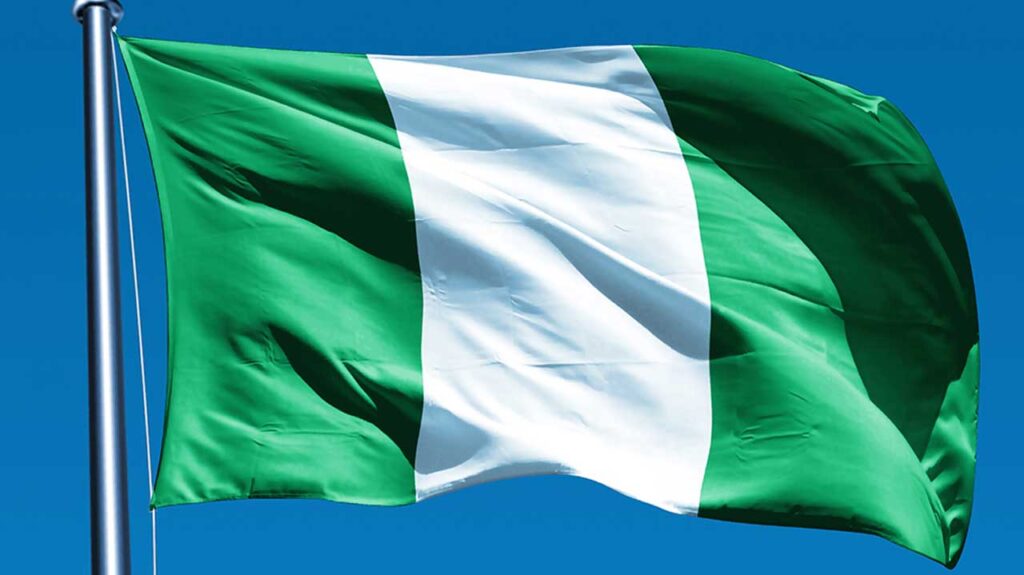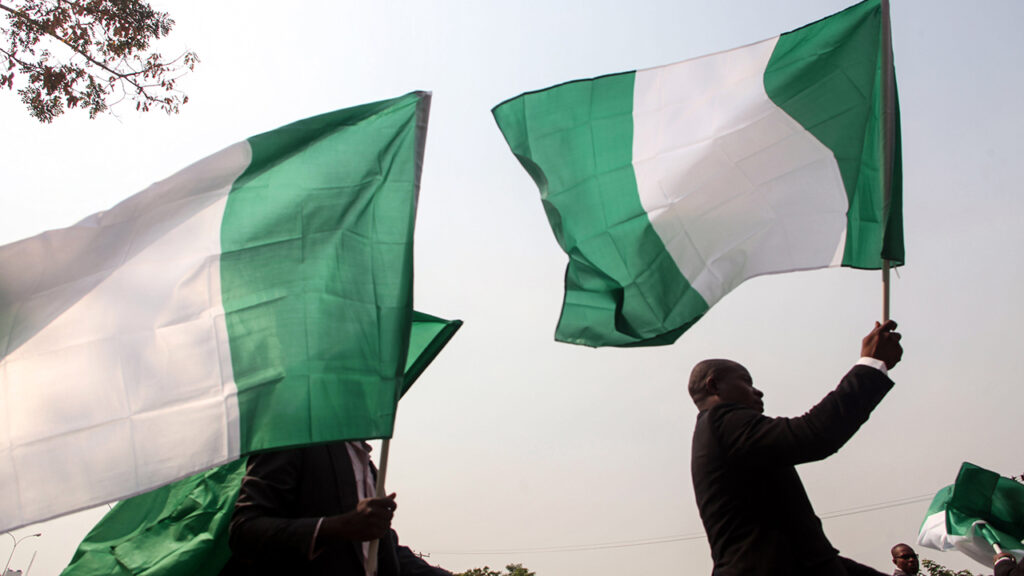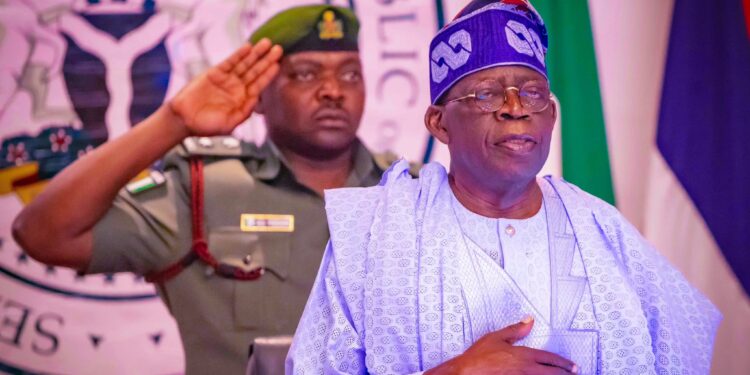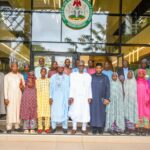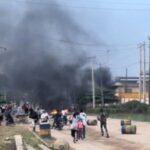
Even as June 12, 1993, being marked today as Democracy Day remains sacred in the annals of the country’s history as the day that birthed true democracy, the swearing in of Asiwaju Bola Ahmed Tinubu on May 29, 2023 (30 years after) as Nigeria’s president, fifth since the inauguration of the Fourth Republic and sixteenth since independence in 1960, marks a new beginning laden with hope of better days that is simultaneously euphoric and cautious.
However, in the context of liberal democracy, transition from one democratic leader to another is seen as progress. Indeed, within the broad canvas of liberal democracy discourse, succession of a regime by another is a sign of democratic consolidation.
For a polity racked by sundry contradictions and leadership ineptitude, this new turn is one of cautious optimism. Indeed, some would qualify the last eight years of Buhari administration as years of the locust for its gross ineptitude, massive insecurity, overt nepotism, large-scale corruption, and the descent of the country into another cycle of debt peonage. With the recent change of baton, many wonder whether it is going to be business as usual or some leadership finesse will be seen in the governance of the country.
Over the last decade, the country has manifested deep contradictions, namely, insecurity, especially, Boko-Haram, banditry and kidnapping; gruelling economic crisis, nepotism and favouritism, and the consequent damage to the Nigerian psyche. To be sure, Nigerians are impoverished, alienated and miffed over the state of affairs in the country to the extent that some sections of the population are even calling for a ‘Truth and Reconciliation’ Committee, to allow Nigerians vent their anger and frustrations in ways that the President can gauge the depth of anger and disillusionment in the land and to know where to start the process of healing the wounds of people and re-uniting the country. This is obviously a throw-back to 2000 when former President Olusegun Obasanjo set up the Oputa Panel to unravel the mayhem of military dictatorship.
Without a doubt, the ability of leadership to solve the historical problems of his/her country, will for sure earn him trust among the governed. This is the historical burden before the new leader of Nigeria. He needs to address Nigeria’s numerous problems with single-mindedness and a sense of social justice for the people to earn their trust. For so long, Nigerians have been yearning for good governance through the times of military rule, and heightened since the return of democracy in 1999. Dividends of democracy seem to be far away from them while it has been a harvest of impoverishment.
The starting point for this administration is to address the governance conundrum central to most of the agitations in the country that are manifesting separatist impulses. This has to do with a frontal tackling of the structure of state as distinct from the structure of government. Nigeria was conceived as a federal state, truncated by the military centralist mentality, to the detriment of national development and progress. Nigeria must return to federalism. The blueprint has been worked out several times and some exist in defunct constitutions of the country such as the 1963 Republican Constitution, and the Lancaster House archival materials of the decolonisation era. Dr. Amos Akingba pointed this up recently when he noted that the 1999 Constitution is unitary in essence and not federal and would constrain performance by any president in ways that would undermine the expectation of the people. In his words, “The major problems of the country are caused by the fact that the political structure we have adopted is wrong. For instance, we call Nigeria a “Federal Republic” when it is quite clear to all and sundry that it is not federal but unitary; and it is also not a ‘republic’ but monarchical. We are deceiving ourselves by claiming that Nigeria is what it is not. By the way, our prayers for a fake Nigeria can never be answered by any of the deities because we are praying for what we are not…Federal Constitution will benefit the country. Under a unitary constitution, the bureaucracy is in charge of the operations; therefore, the elected people are limited in what they can do. Nigeria must return to the 1963 Constitution to make headway. If we continue with the current constitution, nothing will change. Though Tinubu has done a lot in the past, I am afraid the constitution has to be changed for him to deliver the expectations of Nigerians.”
To be sure, without getting the ‘rightfulness of the unit,’ the country cannot be governed well; and poverty that looms large among Nigerians will continue to worsen. As Fred Agbeyegbe, the founding member of the National Democratic Coalition (NADECO) has rightly advised, the Tinubu administration must urgently review the economic policies of the immediate past administration to tackle poverty head on. He further observed that: “There is great scarcity and lack in the country. The Nigerian masses are going through a period of scarcity and abject poverty, coupled with serious health challenges. He President Tinubu) must find a solution to this by bringing prices of essential commodities down to the reach of people.”
Making project Nigeria to work is imperative. The country is the indisputable leader of the black race. We must set an example. As Nelson Mandela once observed, no person will respect the black man until Nigeria gets it right. This historical duty falls on President Tinubu’s laps; he either fulfils or betrays it like others before him. It is time to actualise our potential. The renewed hope mantra being touted has serious implications for the president. The burden of renewed hope, an adaptation of the ‘Hope 93’ slogan of the late Chief M.K.O Abiola, winner of the June 12, 1993 presidential election, is not light. Chief Abiola in that compact called ‘Hope 93’ had a testament which was to abolish poverty. Can the new president fulfil this historical task? Time will tell, but history beckons on President Tinubu.




